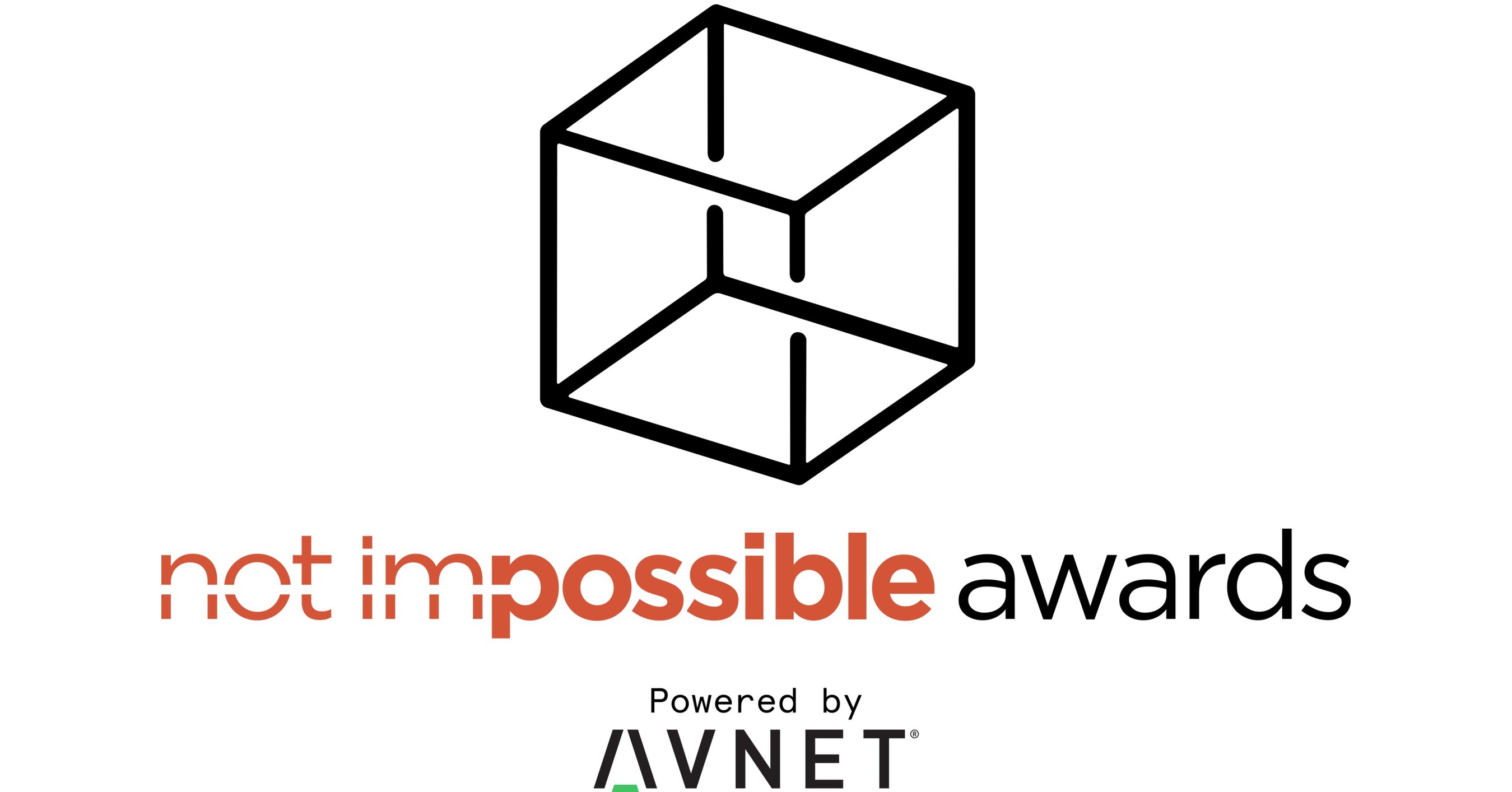Submission:
When the least expensive tinker kits are $40 and require a computer, lots of kids are left behind. We made one that’s less than $6.
STEM careers are in demand, well paying, and only going to grow. But asking who will get those careers and who will start those companies exposes a Dickensian divide in education between the haves and have-nots. Bill Gates was finishing his first program at 13; whereas one of my brightest, most enthusiastic programming students (who once mentioned she had to eat fast or her brothers ate everything) didn’t have access to a computer until 10th grade.
This is something Mya has also known; as director of LA Makerspace, she works with LA City and County Public Libraries to help kids learn robotics, coding, e-textiles and stop motion animation—to give early exposure to STEAM disciplines. The libraries use expensive electronics kits that need to stay at the library, and the kids’ projects are ultimately disassembled. They miss out on the pride of taking their creations home, and having the kits for further tinkering/learning.
The libraries could give kits away, if they were less than $6. And LA Makerspace could coordinate volunteers, if the kits were intuitive enough for a non-technical adult to facilitate, and didn’t require skilled assembly.
Enter the Arduniño
We came up with a stand-alone electronics kit that teaches circuits and logic, built around an Arduino clone ($3) and half-breadboard ($1). Changing around jumper wires ($0.22) changes pre-loaded functions on the microcontroller, and the kids use buttons ($0.05) and alligator clips ($0.31) to interact with LEDs ($0.04), a buzzer ($0.09) and 7-segment display ($0.68). They can play Simon, Rock-Paper-Scissors, build carnival games, recreate the Operation board game, and more things our adult brains can’t yet fathom. Once they outgrow the pre-loaded functions, they graduate to learning Scratch-for-Arduino programming on library computers. All this, while using real-world breadboards and electronics skills.
In Born a Crime, Trevor Noah writes:
“We tell people to follow their dreams, but you can only dream of what you can imagine, and, depending on where you come from, your imagination can be quite limited.”
We envision all kids getting to play with electronics and programming, regardless of their means or background. When kids get to play, they get to experiment. And when they get to experiment, they build new things and develop new skills. It starts early.

Share: